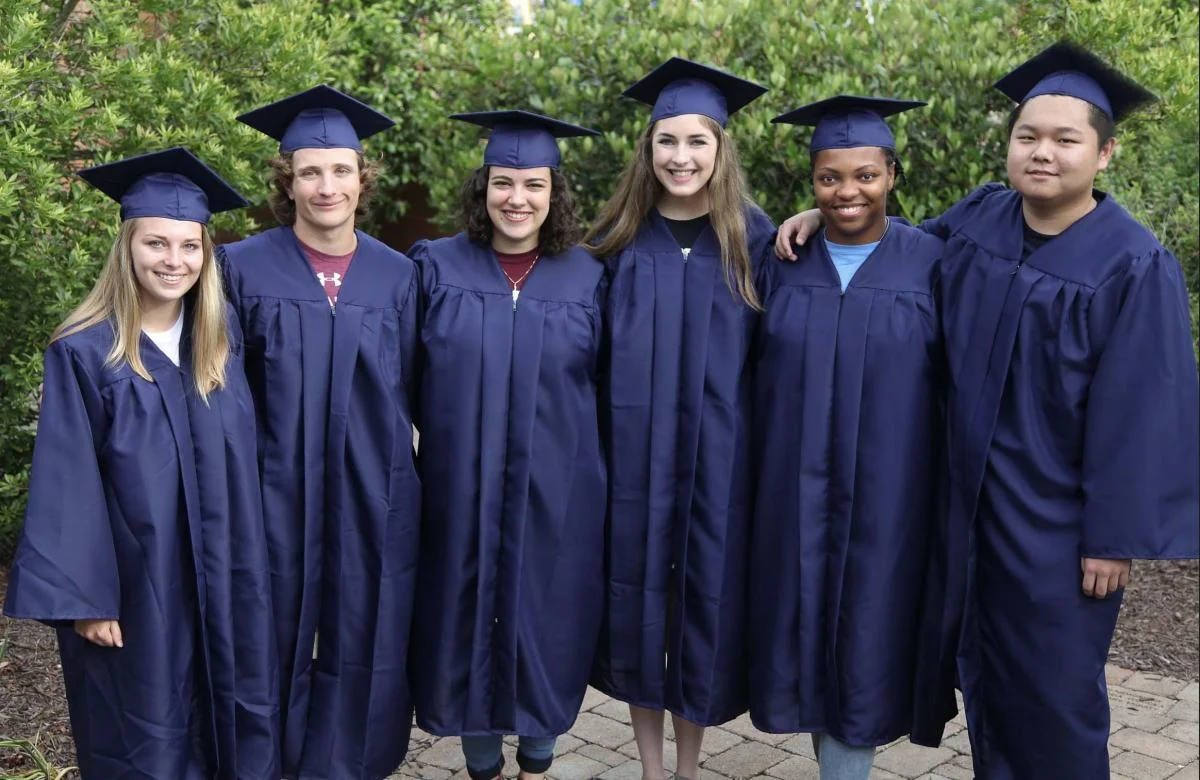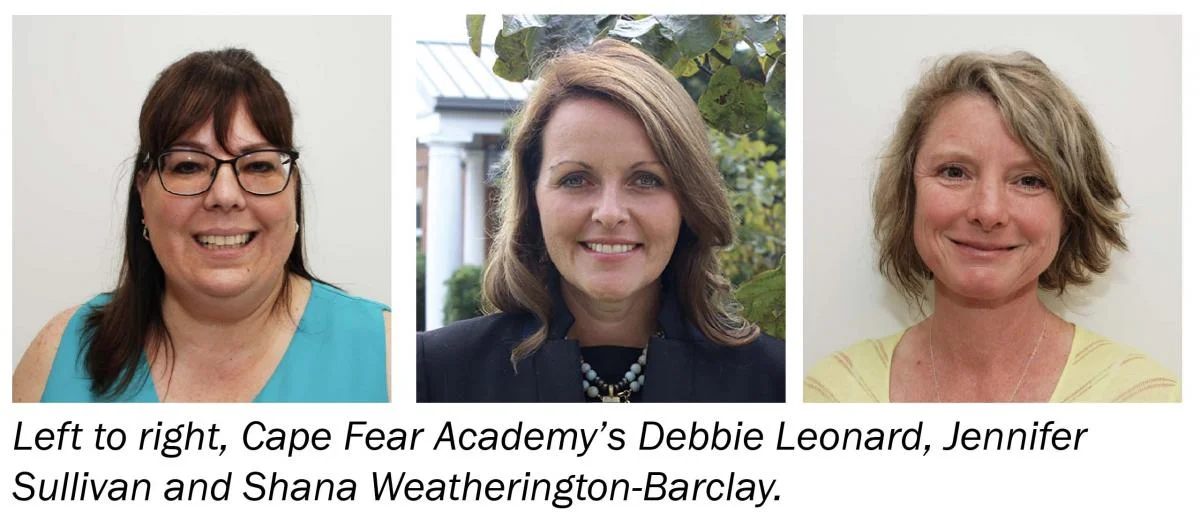Client Profile
WILMINGTON, N.C. — After a morning rain, the late-spring sun is drying out the playgrounds. Amid the low yellow-brick classroom buildings, children of various ages are noisily engaged in play as they anticipate the summer break.
Wilmington’s Cape Fear Academy, a 50-year-old independent school, serves about 650 students here in pre-kindergarten through 12th grade on a 27-acre campus, plus a nine-acre athletic annex across the street.
Jennifer Sullivan, director of advancement, explained that parents send their children here because “it’s the best college preparatory, pre-K through 12 school in eastern North Carolina.”
They pay tuition ranging from $10,975 in kindergarten to $18,275 in high school, though the school offers both need- and merit-based financial aid. When the alternative is free, the school is obliged to deliver real value.
That starts with a student-teacher ratio of 9-1, said Shana Weatherington-Barclay, director of finance and operations.
It continues with college admissions. Graduates in the class of 2018, numbering 62, were accepted to seven of the eight Ivy League universities. Their merit awards include a Morehead-Cain scholarship at the University of North Carolina and a Benjamin N. Duke at Duke University.
 |
| Members of Cape Fear Academy’s Class of 2018 gather in the school courtyard prior to their Upper School Awards Ceremony. This class was accepted to 92 colleges and universities around the United States. |
Sullivan said 90 percent of students participate in at least one sport. In addition to the usual school sports, the coastal location allows sailing and surfing. The school also offers a “very strong arts program … to find and meet individual passions.”
It’s a diverse enrollment, Weatherington-Barclay said, serving families from all over the world. Half the students have neither parent from North Carolina, Sullivan added. International students come from China, Poland and Canada.
The school employs 102 full-time-equivalents, or 252 in all, with an annual budget of nearly $12 million. Staff turnover is a low 10%, said Weatherington-Barclay. It’s a highly educated workforce, with 60% holding advanced degrees.
Typical for independent schools, teachers’ pay is below that at public schools, and this is a state that ranks low in teacher pay. The academy’s small classes, supportive work environment and good benefits are compensating attractions. The school matches retirement-plan contributions dollar-for-dollar and, most appealing for many, offers employees’ children a 75% tuition discount.
“We live at the beach,” Weatherington-Barclay continued. “It’s a great place to live, but it’s a small corner of the state, geographically isolated, and that makes recruiting a challenge. It can be hard for a trailing spouse to find a good job…. It’s a lifestyle choice to work at Cape Fear Academy.”
 |
She said the school compares its salaries and key ratios with other independent schools in the southeast accredited by the National Association of Independent Schools. “We’re right there with our benchmark and aspirational schools.”
“Our board realizes you’re only as good as your people,” Sullivan added. “So the board has invested in professional development and team building as one of our seven strategic initiatives. We just sent two teachers to San Francisco for training in new methods. When the lower school adopted the Reading and Writing Project of the Teachers College at Columbia University, every teacher went to Columbia for training.”
Parents are an important part of the school community, Sullivan continued. “Bringing a kid to school and dropping him off is not the experience here. We engage parents, former parents, grandparents … to create an experience. It’s an opportunity for us all to grow together. Parents provide extra help in sports and special events and, when appropriate, serve as classroom speakers.”
The local economy has recently begun to diversify, and that’s brought new families and new philanthropic opportunities, she continued. Live Oak Bank, nCino, PPD, Tekmountain and Untappd are new tech-oriented employers. With help from old and new donors, the school has scored a three-year increase in annual giving and is wrapping up a campaign for a new Science and Innovation Center.
The school’s new strategic plan emphasizes, among other things, expanding science, math and technology at every level, personal finance, economics and computer science in the upper school, diversity, school culture and faculty recruitment and retention.
The school relies on Savers Admin for payroll processing and administration of Health Reimbursement and Flexible Savings Accounts. Debbie Leonard, Financial Services Administrator, said “I try to stay on top of all the issues, but it’s good to have the help of someone who does it all the time.”
She said payroll gets especially complicated with international employees. Savers Admin has been “a great resource to help us stay compliant when employees are working under different kinds of visas.”
Though it’s in an isolated corner of the state, in a town that has sometimes resisted change, Cape Fear Academy sees the future as diverse, international and vigorously competitive. With a motivated staff and careful management, it’s proving that families will pay for an environment where children can find their passion and are challenged to excel.
